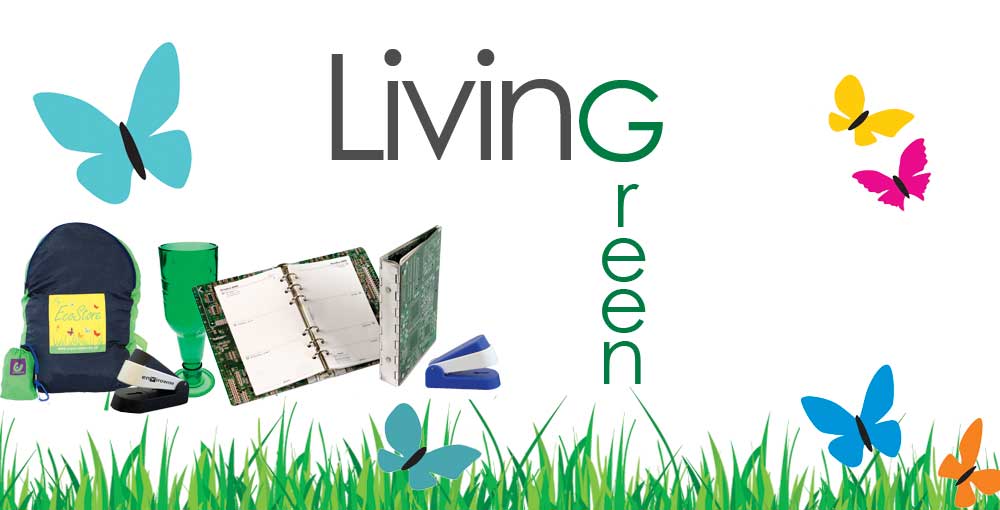Living a Green Life as a Student
Going green and being environmentally sensitive doesn’t have to cost you time and money. In fact there are some simple changes we can all do now which can help the environment, reduce waste and reduce our carbon footprint. What’s more many are money saving, which is critical on a student budget.
Get the right mind set. Think – reduce, reuse and recycle.
Waste reduction is the first tier in the waste hierarchy. It is the prevention of waste at source, eliminating waste before it is created. Waste reduction starts at the point of consumption by choosing products and services with the least environmental impact. Use your purchasing power to buy a product which requires fewer resources in its manufacture or working life than a substitute product. Many products could be reused or refurbished, for example, second hand bicycles or refurbished computers.
Recycling reduces the demand for raw materials, lessening the impact of extraction and transportation created at the point where the raw material is extracted. Activities such as mining, quarrying and logging can be environmentally destructive, destroying the natural environment and precious local wildlife habitats. Although some materials for recycling need to be transported around the UK, the impact of this may be less than that of transporting raw materials from, often, remote locations in other parts of the world.
Recycling uses less energy than producing goods from virgin material and also results in fewer emissions. Burning fossil fuels for energy produces carbon dioxide, a greenhouse gas which contributes to global warming, so using less energy is vital. In addition, recycling reduces the need for waste to go to landfill or incineration. (Extracts from Wasteonline).
Here are some practical suggestions:
Buy a bag for life. Stop using plastic bags.
Every year, an estimated 17? billion plastic bags are given away by supermarkets. This is equivalent to over 290 bags for every person in the UK.
Switch off lights and appliances when you leave the room.
If you are paying or sharing the bill it’s a financial ‘no brainer’. If you are not directly paying the bill you will still, ultimately pay for the increased energy consumption either through the environmental impact or indirectly through the cost of running your institution, library, halls or accommodation.
Cycle or walk when you can rather than using the bus or car when appropriate.
Get fit and save yourself on gym membership as well!
Use rechargeable batteries in gadgets or switch to wind up products.
The UK produces 20,000 – 30,000 tonnes of general purpose batteries every year, but less than 1,000 tonnes are recycled (wastewatch). Using rechargeable batteries reduces the number of batteries requiring disposal. Better still, there are some brilliant wind up and solar products that range from torches, bicycle lamps, radios and MP3 players to laptop computers.
Use recycled paper and stationery products.
Paper is made from cellulose fibre, the source of which can be pulped wood, or a variety of other materials such as rags, cotton, grasses, sugar cane, straw, waste paper, or even elephant dung! There is a great range of everyday stationery products that have been made from recycled materials. These include paper, note-books, rulers and pencil cases. There are even staplers that don’t use staples!
Use recycled glasses to drink your beer.
On average, every family in the UK consumes around 330 glass bottles and jars a year, (British Glass). It is not known how long glass takes to break down but it is so long that glass made in the Middle East over 3000 years ago can still be found today. Recycling two bottles saves enough energy to boil water for five cups of tea and can be made into some pretty smart products.
My Eco Store – www.myecostore.co.uk




